How confident are you in your company's sustainability claims? In the market today, simply stating that your business is sustainable isn't enough.
Stakeholders, regulators, and consumers demand evidence-backed assertions. Enter ISO 14071:2024, a standard that helps companies ensure their Life Cycle Assessment (LCA) studies are credible, accurate, and transparent.
What is ISO 14071?
ISO 14071:2024 — Environmental management — Life cycle assessment — Critical review processes and reviewer competencies is an international standard that provides guidelines for conducting a critical review of LCA studies.
It supplements the ISO 14040 and ISO 14044 standards by defining the competencies required for reviewers and outlining how to carry out an effective review. The purpose of this standard is to elevate the quality of LCA studies, making them a trustworthy foundation for sustainability claims.
Purpose and Scope
The standard is designed to offer detailed guidance on implementing critical reviews that ensure consistency and transparency. By emphasizing the importance of content over form, ISO 14071 promotes a thorough and unbiased evaluation process. It is particularly valuable in the context of carbon footprinting and environmental labelling, where the robustness of data is crucial for public disclosure and stakeholder trust.
Importance of ISO 14071
As more organizations utilize LCA for comparative assertions, the need for standardized reviews becomes apparent. According to the International Standards Organization, ensuring the robustness and credibility of LCA studies is essential, especially when these assessments inform public claims or business strategies. This is where ISO 14071 becomes indispensable—it acts as a safeguard, ensuring that the reported data withstands scrutiny.
How Do You Obtain ISO 14071 Verification?
Step-by-Step Process
- Define the Review Scope: Start with defining what aspects of the LCA are under review, ensuring alignment with existing ISO standards. This includes data collection, impact assessments, and interpretation.
- Select Qualified Reviewers: Choose independent reviewers with a strong background in LCA and environmental science. Their insights are pivotal in evaluating the study's accuracy and reliability.
- Conduct the Review: Determine whether reviews will be conducted concurrently with the study or after its completion. Concurrent reviews can help identify issues early, allowing for timely corrections.
- Report Findings: Reviewers must compile detailed reports highlighting their findings, recommendations, and any methodological concerns. This transparency ensures the findings are robust and actionable.
Upon integrating the reviewers' feedback, your LCA study can be verified, enhancing its credibility and compliance with ISO standards.
Benefits of ISO 14071 for Your Company
Enhanced Credibility and Trust
ISO 14071 ensures that your LCAs meet high international standards. This boosts your credibility with stakeholders, clients, and regulators. In a market where greenwashing can harm reputations, having verified studies as a backbone for your claims is invaluable.
Improved Decision-Making
By providing a verified baseline of your company’s emissions, ISO 14071 empowers more reliable planning. It enables the development of targeted reduction strategies and effective resource allocation. This informed approach allows companies to make long-term decisions and commit resources wisely.
Competitive Edge in Compliance
Aligning with ISO 14071 demonstrates a commitment to quality environmental assessments and compliance with regulatory requirements. It positions your company as a leader in sustainability, offering a competitive advantage and ensuring you remain ahead of climate regulation pressures.
About the International Standards Organization (ISO)
The International Standards Organization (ISO) is a global entity that develops and publishes standards to ensure quality and interoperability across industries. Since 1947, ISO has fostered innovation and global trade through its standards. ISO 14067, for instance, helps companies define and reduce their carbon footprints, showcasing ISO’s dedication to sustainability.
Real-World Applications and Relevance
ISO 14071 applies across various sectors involved in LCA studies, including:
- Environmental consultancies
- Manufacturing companies
- Research institutions
- Government agencies
- Certification bodies
By adopting ISO 14071, these organizations can ensure their LCA studies are rigorously reviewed, gaining confidence in their environmental assessments and emerging as trusted voices in sustainability discussions.
Overcoming Challenges and Limitations
While some may view the verification process as resource-intensive, the long-term benefits of enhanced credibility and improved decision-making often outweigh the initial costs. As regulatory demands increase, aligning with ISO 14071 can position companies ahead of compliance challenges, turning potential obstacles into opportunities.
Summary
ISO 14071 isn't merely a standard—it's a strategic enabler for businesses committed to genuine sustainability. It empowers you to present environmental claims with confidence, backed by reliable data. By aligning your LCA studies with ISO 14071, you're demonstrating a commitment to transparency and accountability.
Interested in reinforcing your sustainability efforts with ISO 14071? At Arbor, we're dedicated to guiding businesses through this process, ensuring your environmental assessments are as meticulous and reliable as possible.
Request a demo and talk to our team about measuring your emissions.
Measure your carbon emissions with Arbor
Simple, easy carbon accounting.
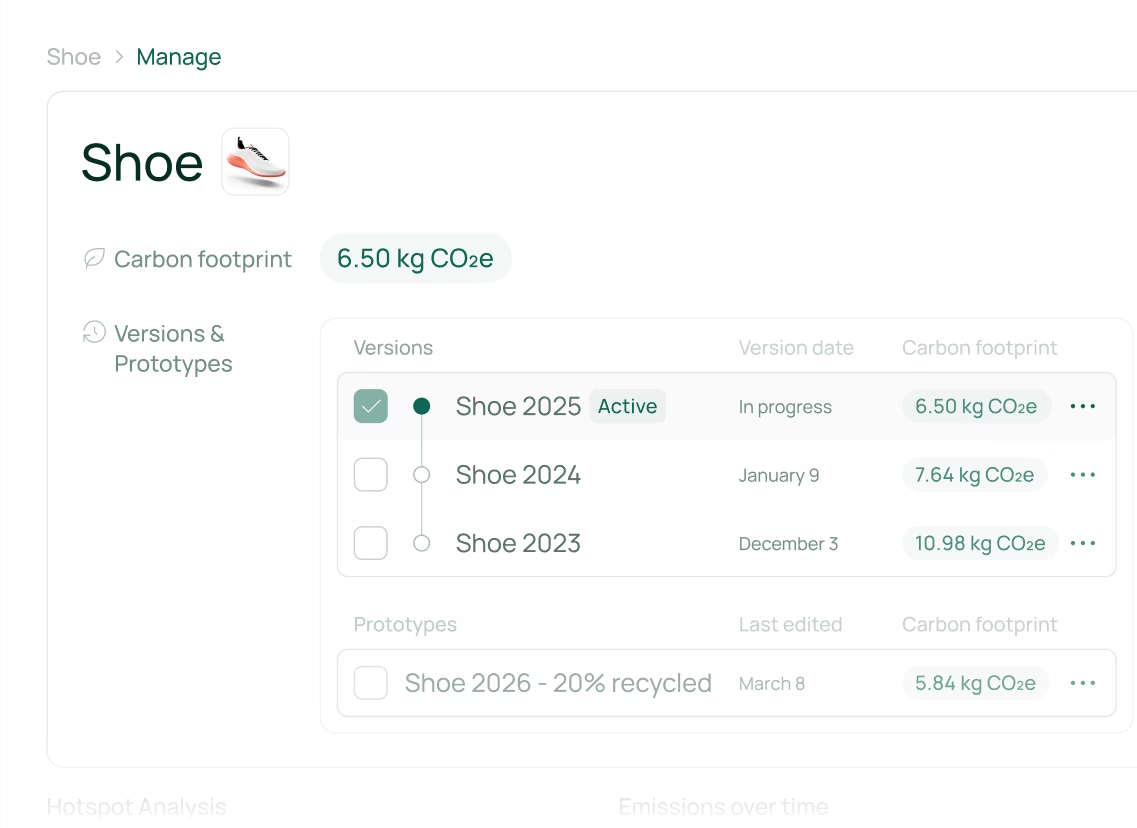
FAQ about ISO 14071:
How does ISO 14071 improve the credibility of LCA studies?
ISO 14071 enhances the credibility of LCA studies by ensuring a rigorous and independent review process. This involves verifying the methodology, data accuracy, and overall alignment with international standards. This helps to build trust among stakeholders and provides a solid foundation for informed decision-making.
What are the key competencies required for reviewers according to ISO 14071?
Reviewers must possess a strong technical understanding of LCA, including knowledge of environmental impact assessment. They should also have critical thinking and analytical skills to evaluate the methodology, data, and conclusions of the study. Additionally, reviewers should be independent and objective to ensure unbiased assessments.
How does ISO 14071 integrate with other LCA-related standards?
ISO 14071 complements other LCA standards, such as ISO 14040 and ISO 14044, by providing specific guidelines for conducting critical reviews. It can also be applied to other LCA-based standards, like ISO 14045 and ISO 14046, ensuring a consistent and comprehensive approach to LCA.
What are the main benefits of implementing ISO 14071 in an organization?
Implementing ISO 14071 offers several benefits, including improved environmental performance, enhanced reputation and stakeholder trust, compliance with regulations, and the ability to make informed decisions based on credible LCA data.
How does ISO 14071 ensure transparency in LCA reviews?
ISO 14071 ensures transparency by requiring a detailed review process, clear documentation of findings, and the availability of review reports. This helps to build trust in the LCA results and allows stakeholders to understand the basis for any conclusions or recommendations.




.webp)



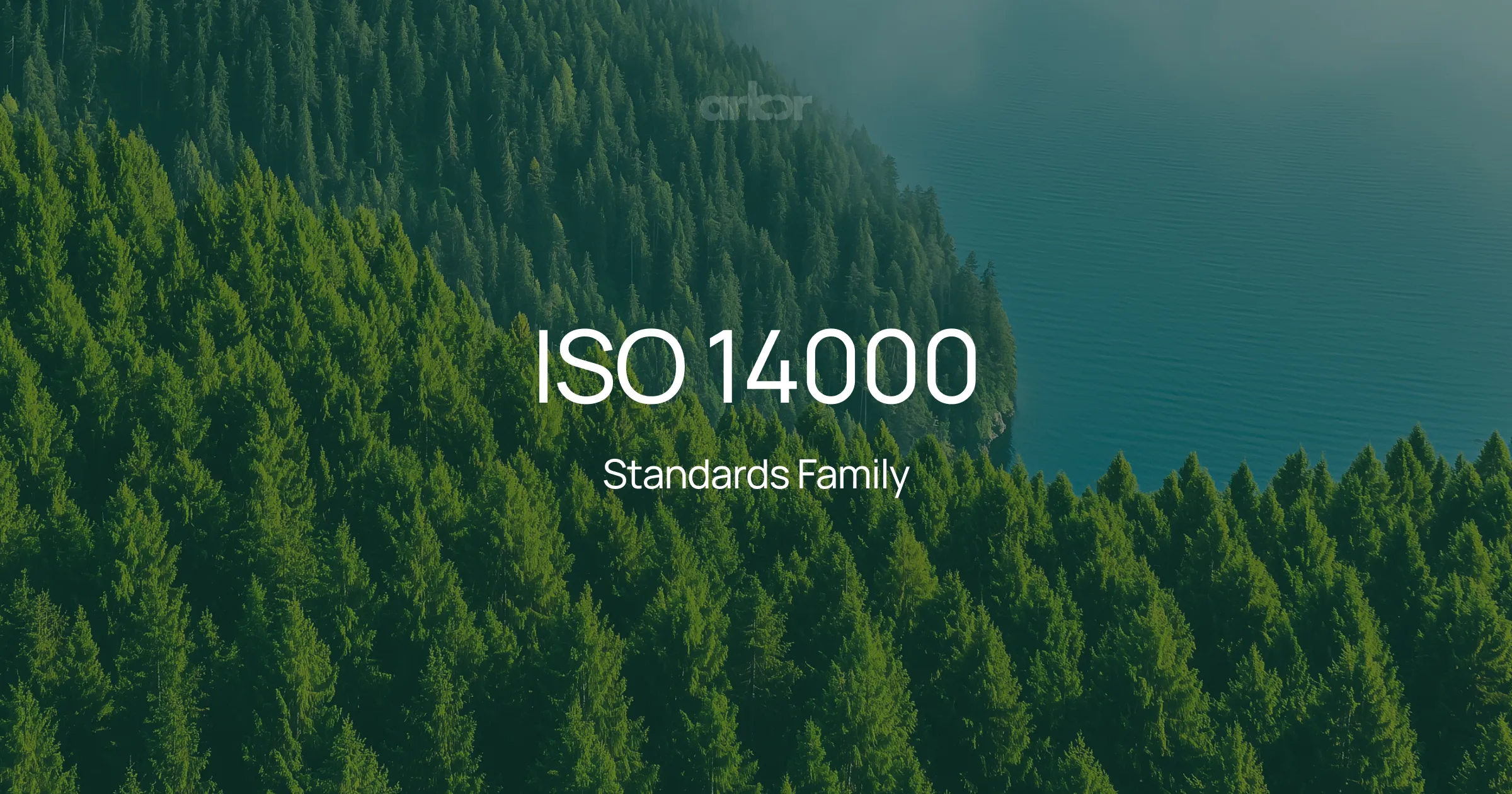
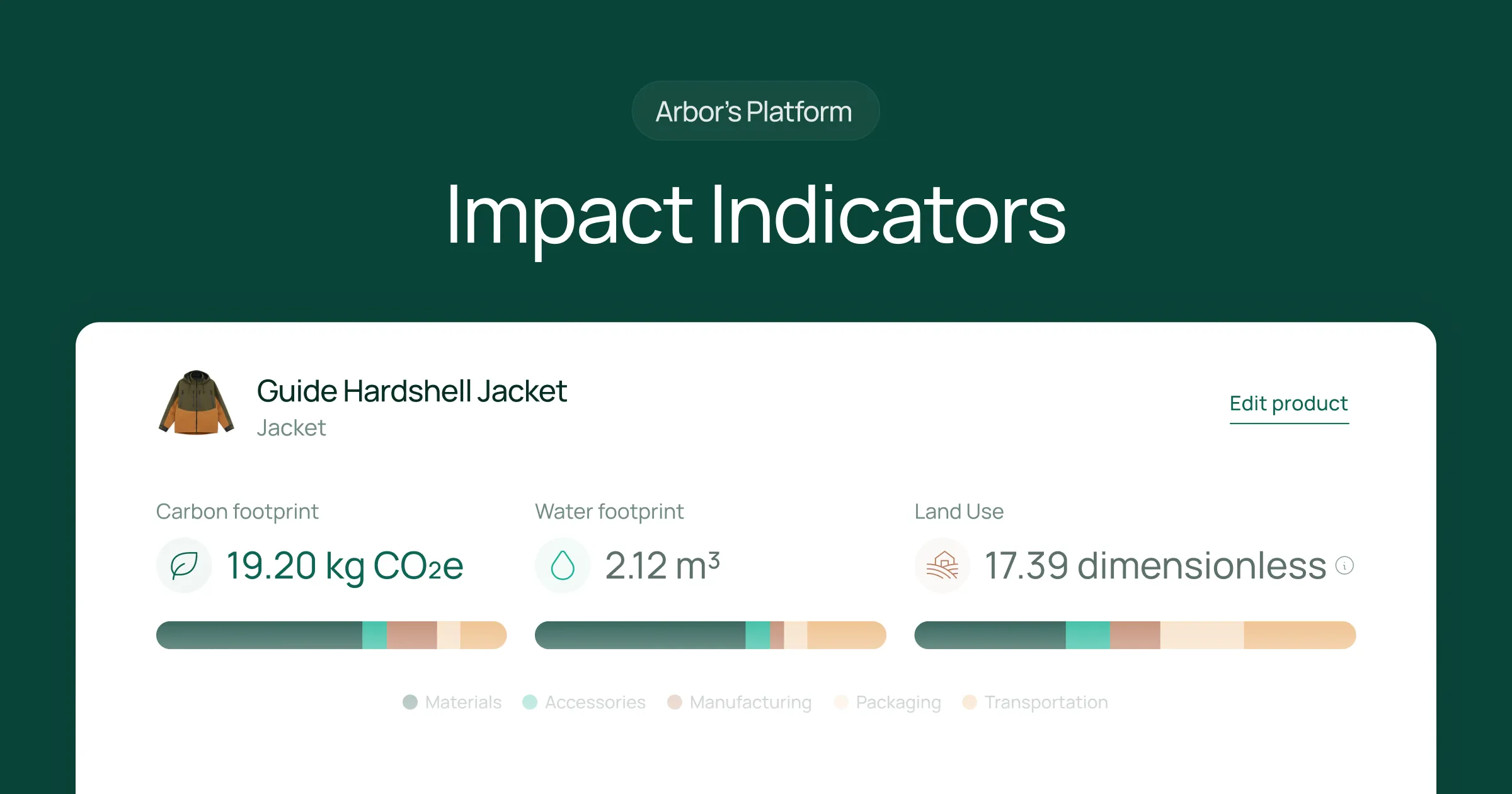


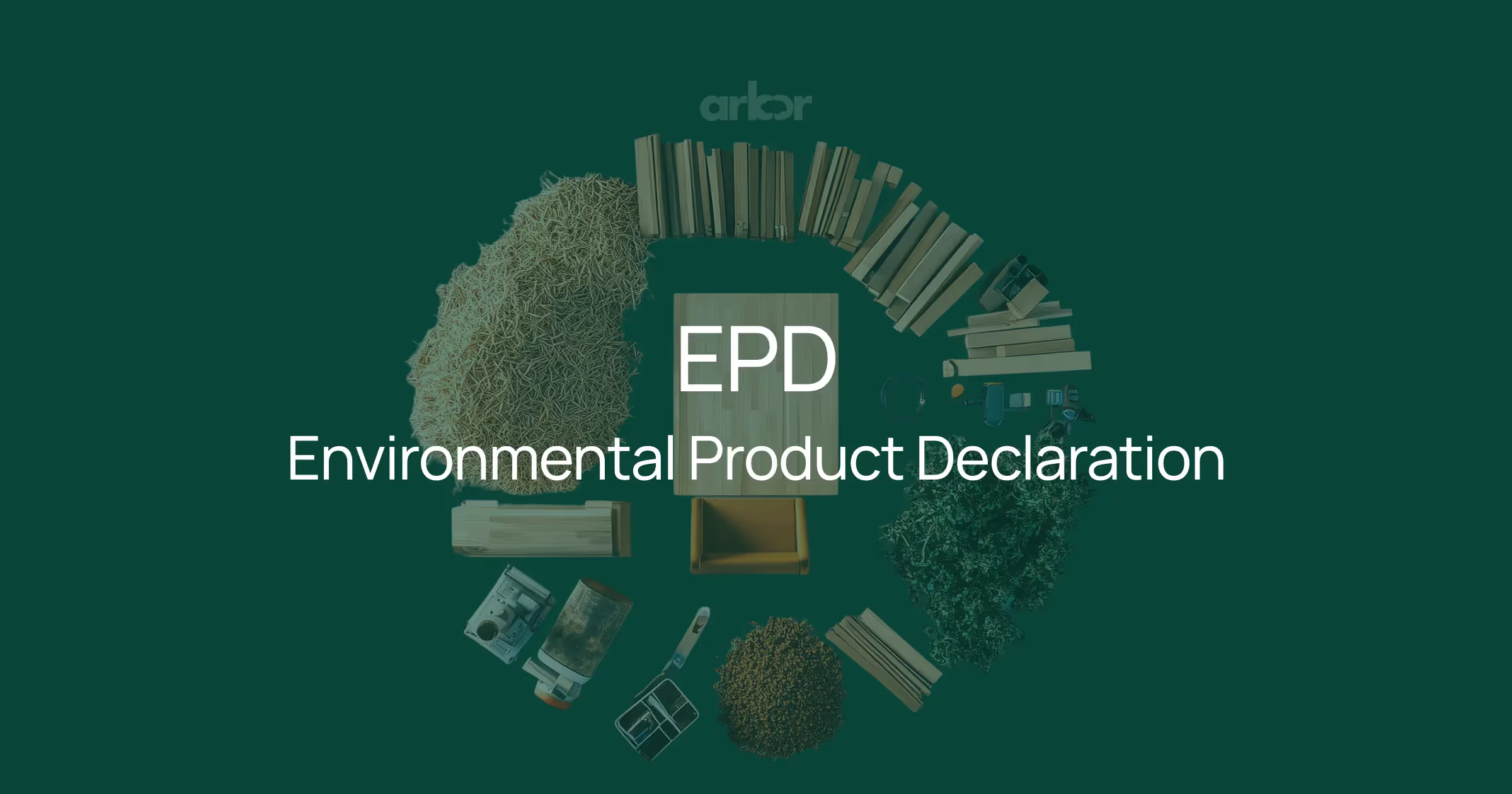

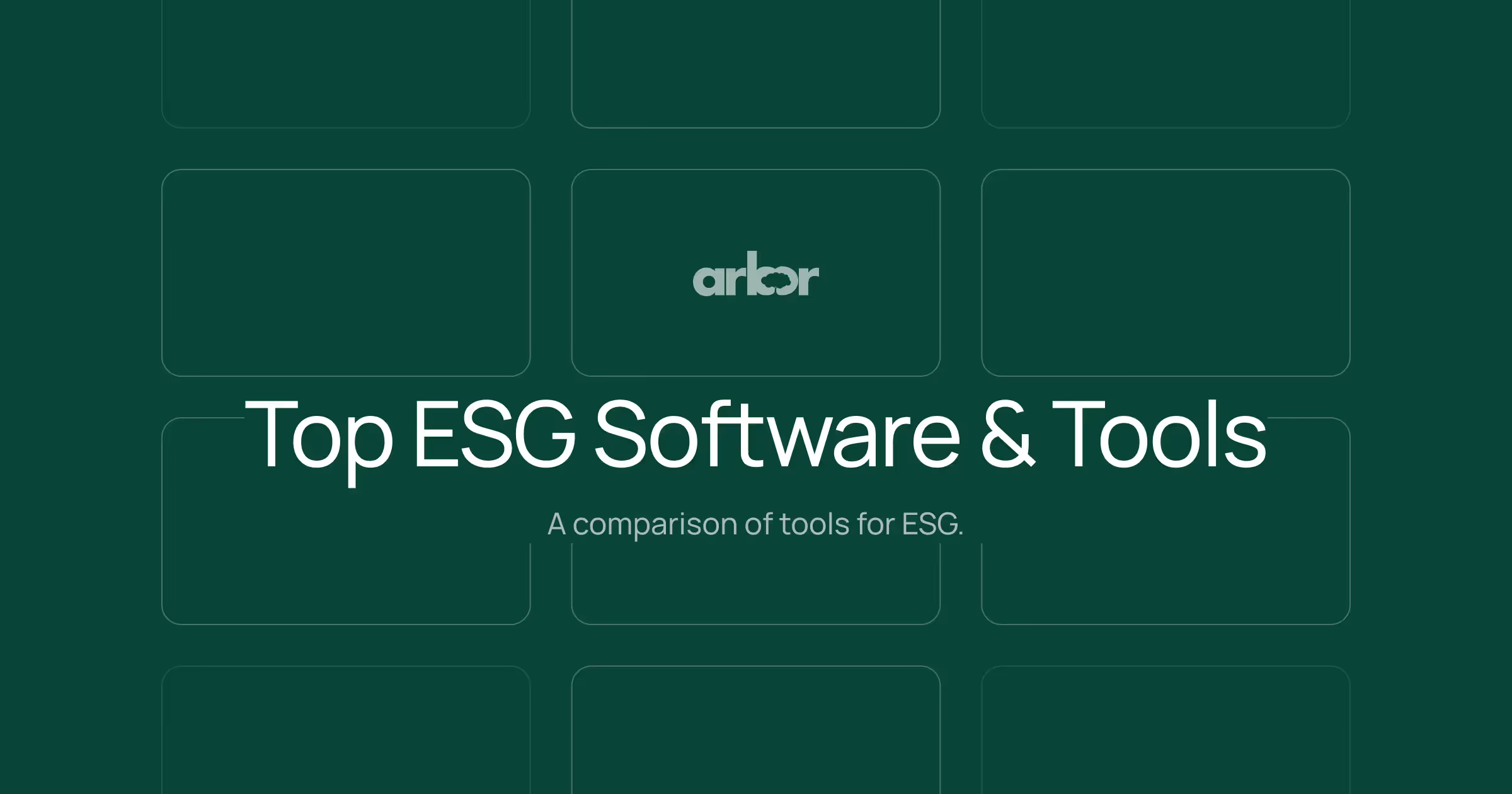

%20Arbor.avif)




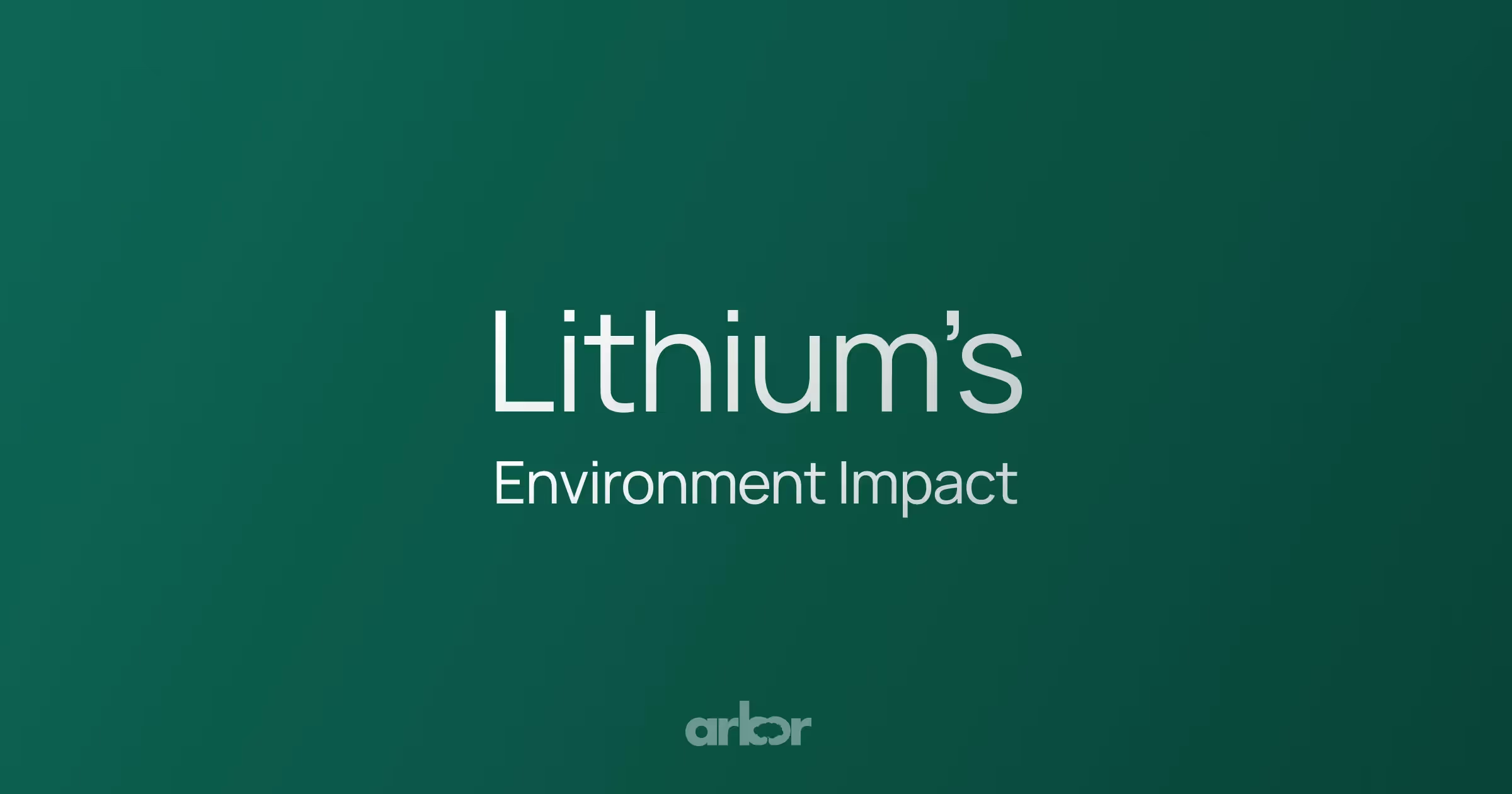
%20Arbor.avif)


.avif)
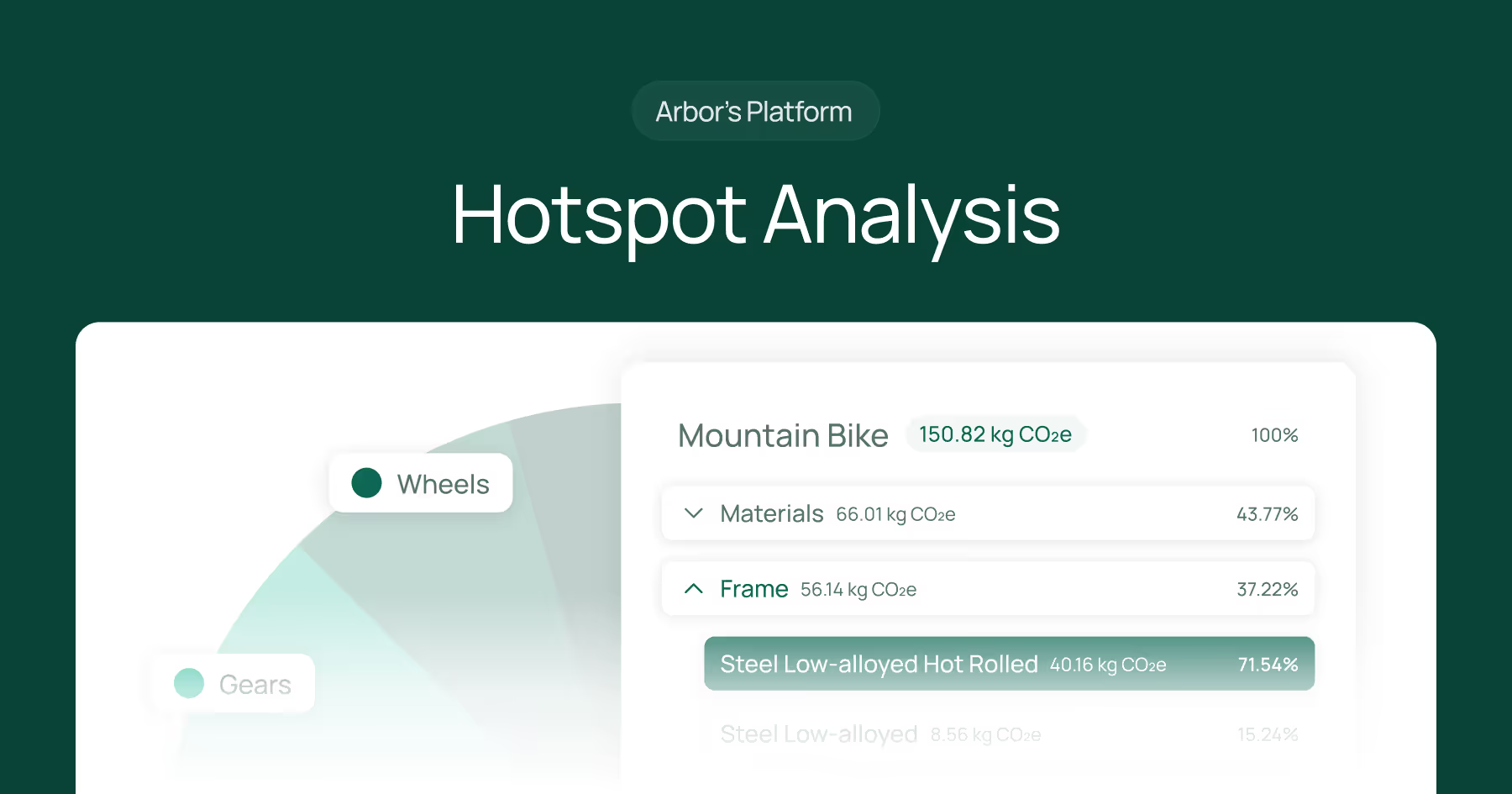


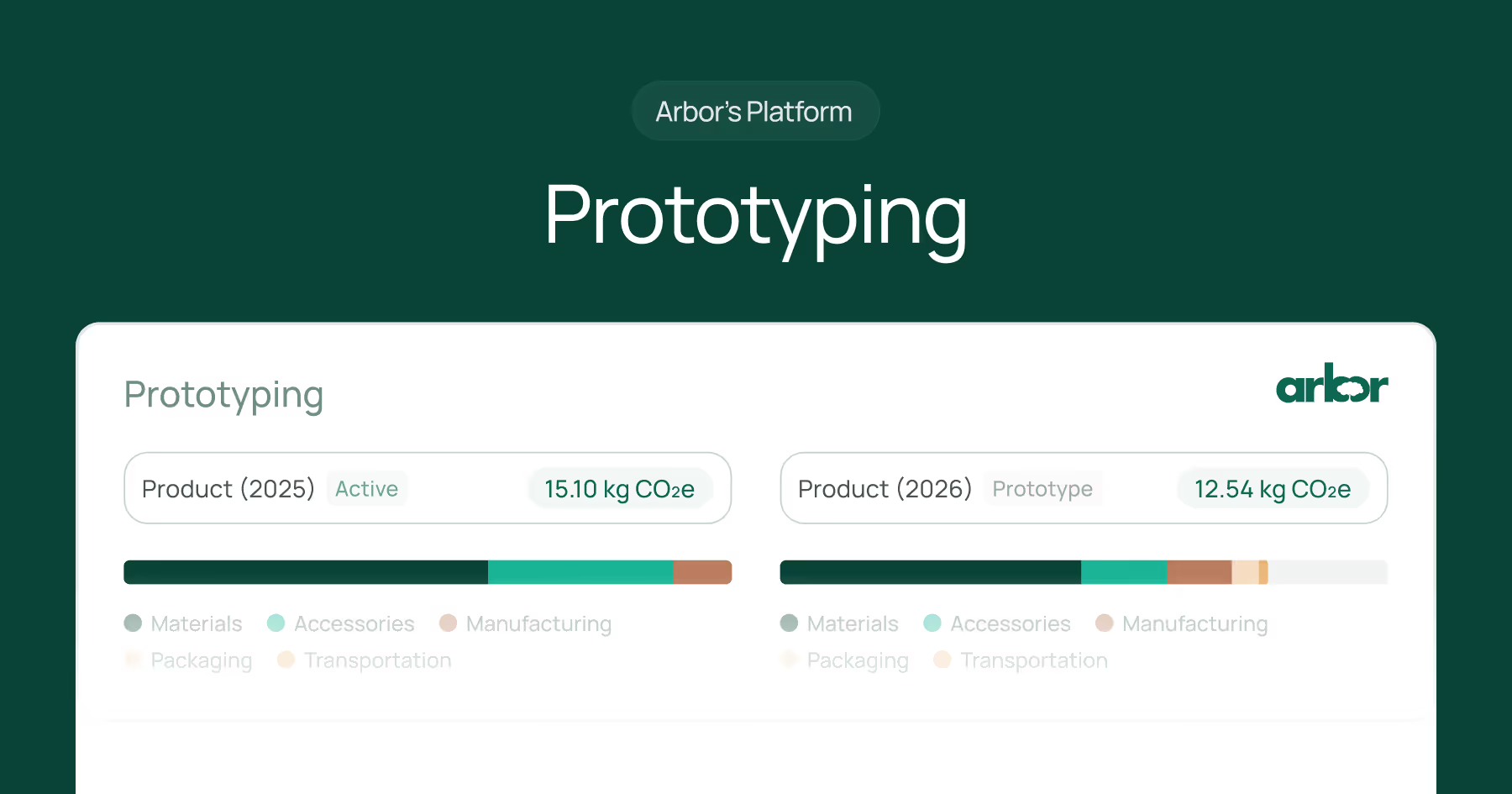
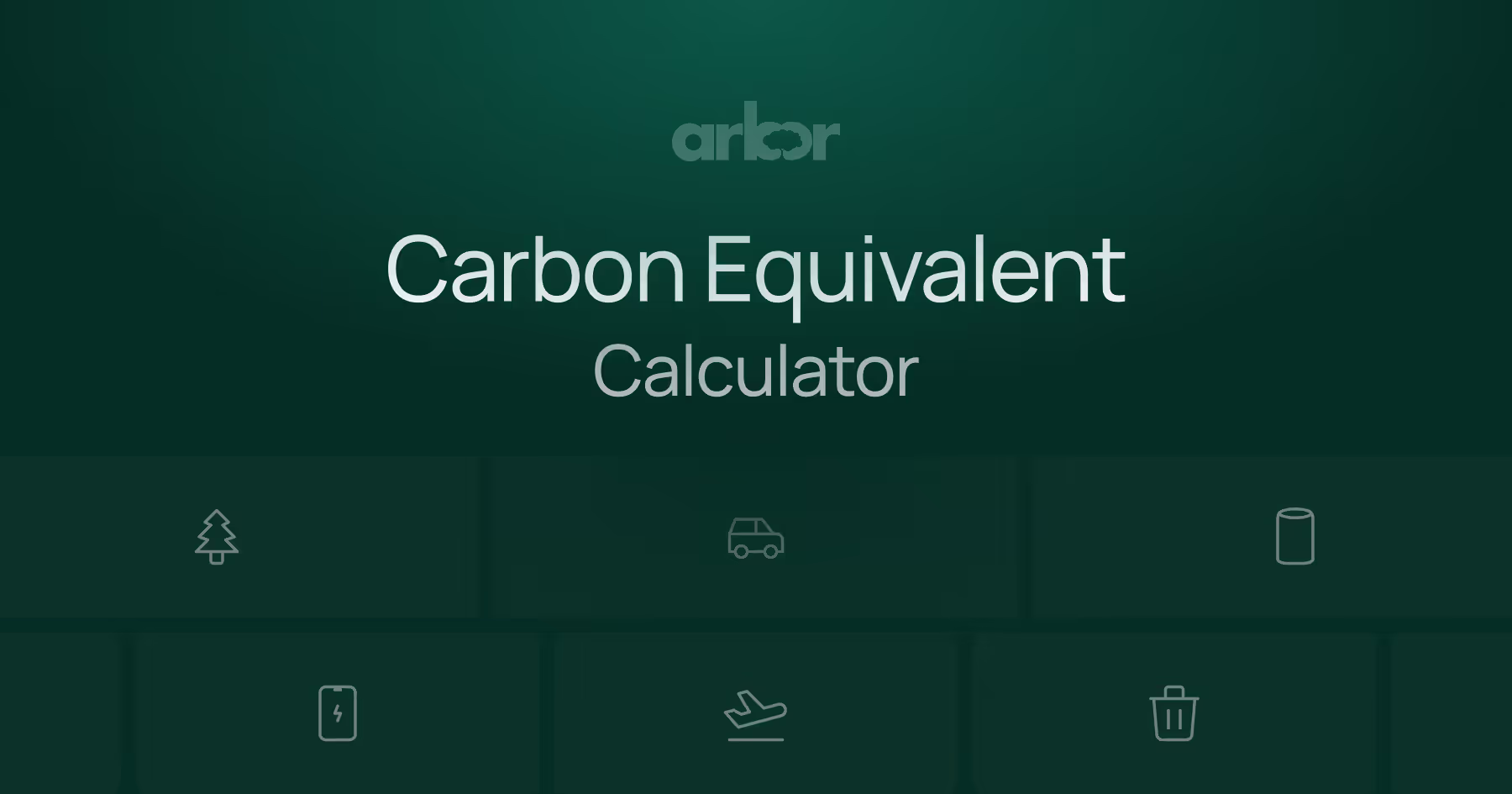
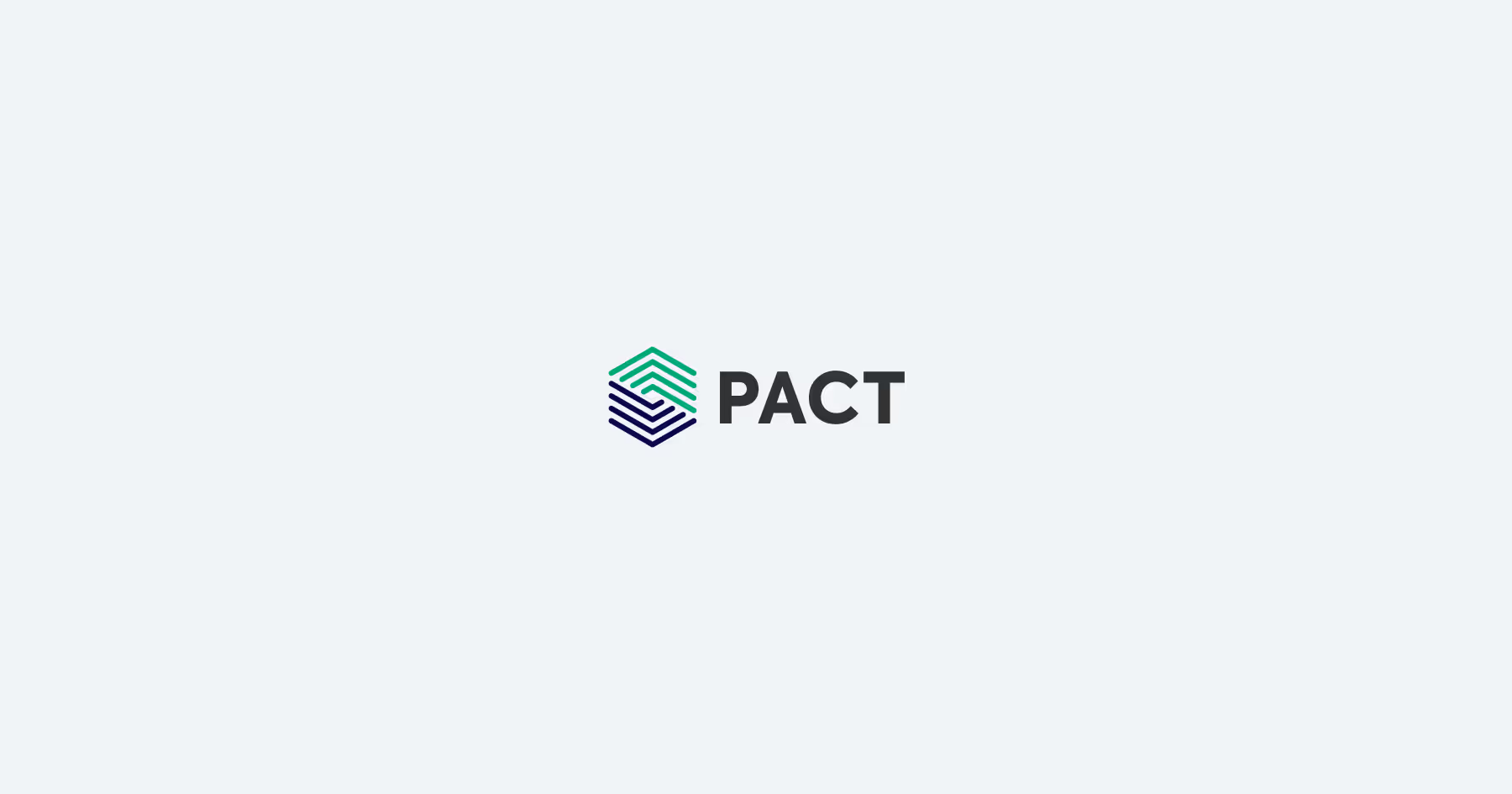
%20Arbor%20Canada.avif)
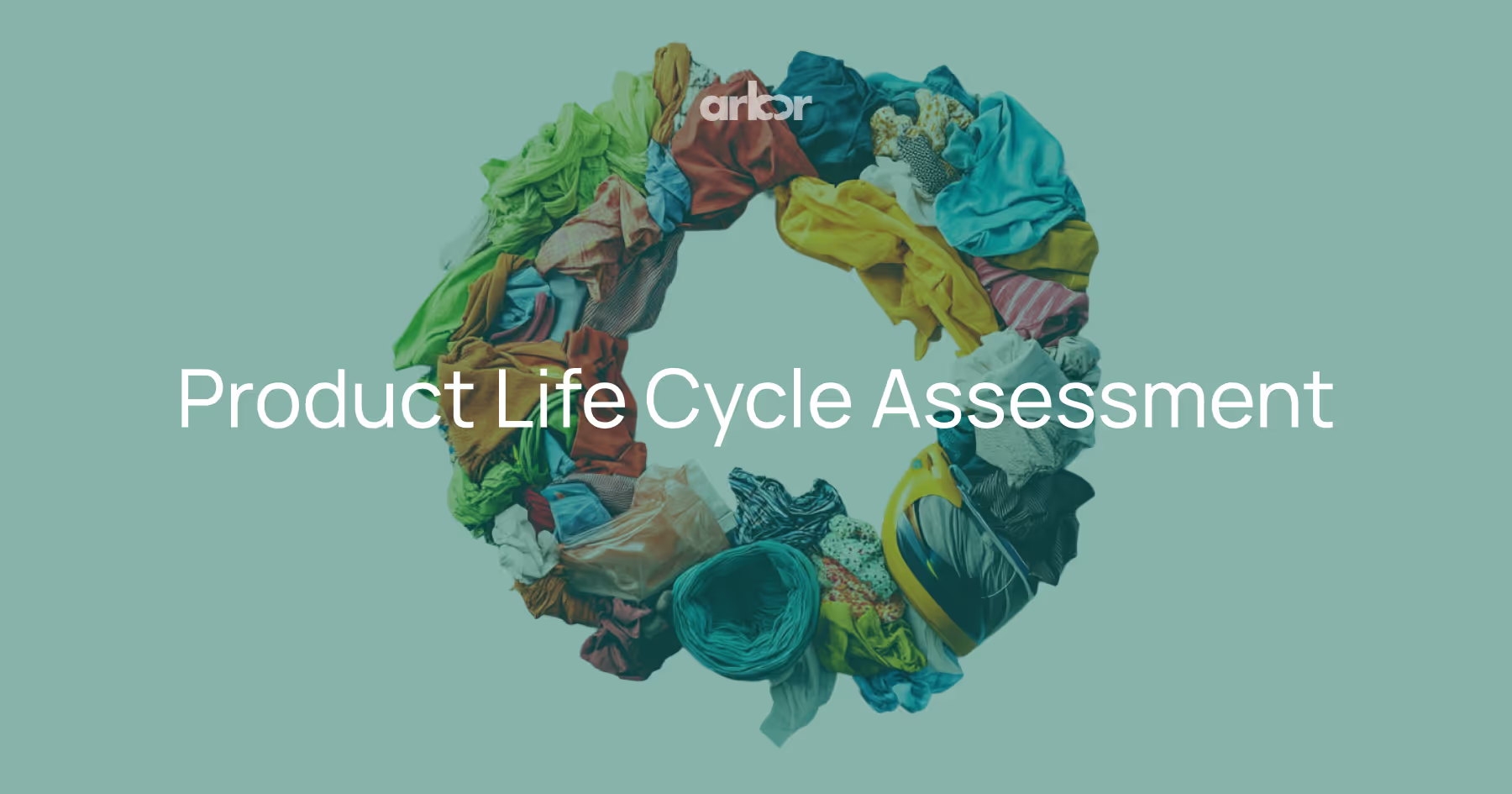
.avif)
%20Arbor.avif)
.avif)


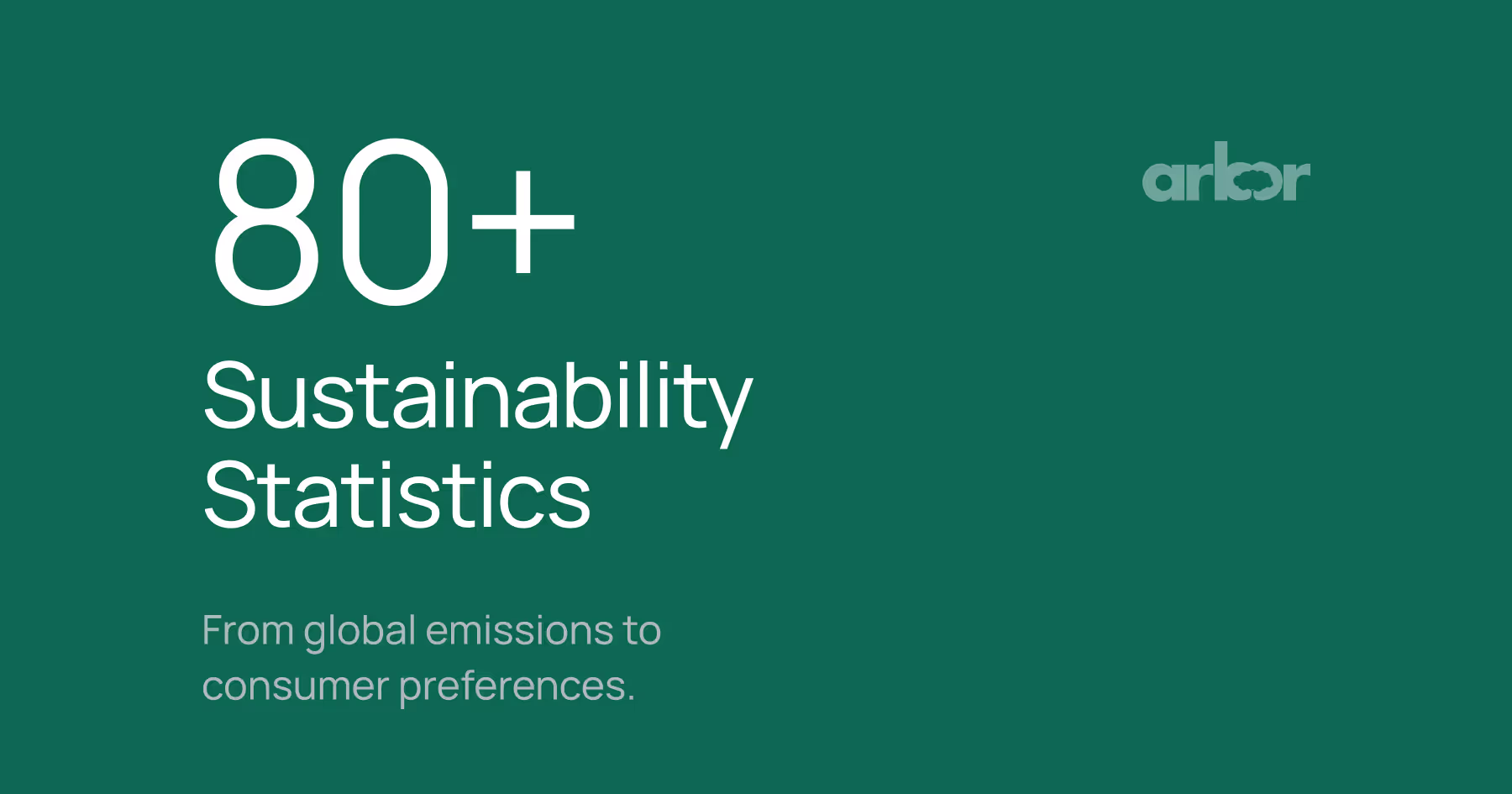



_.avif)
.avif)
%20Arbor.avif)




%20Software%20and%20Tools.avif)




.avif)
.avif)
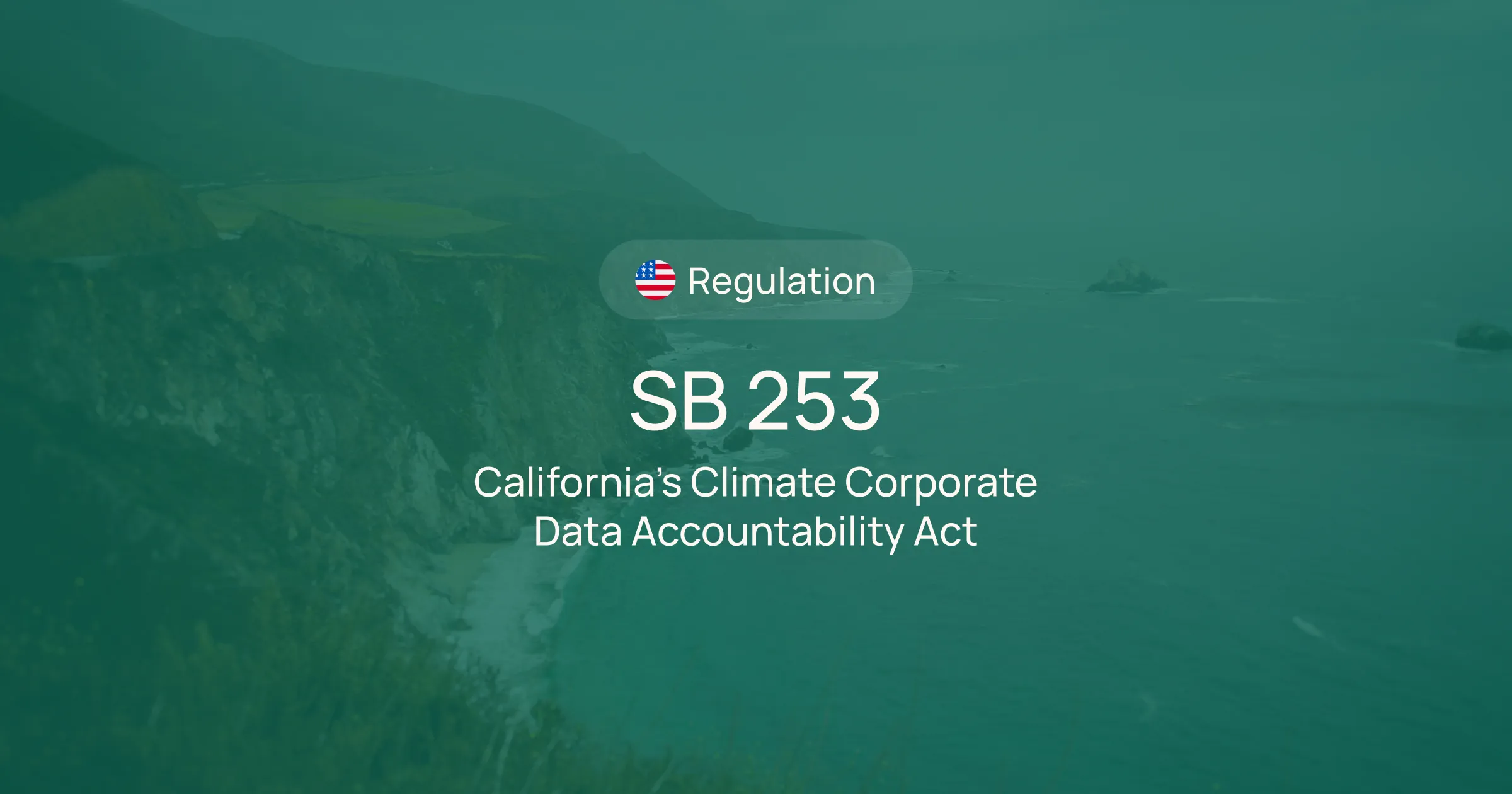



%20EU%20Regulation.avif)












.avif)


%20Arbor.avif)









_%20_%20Carbon%20101.avif)







.avif)

.avif)
.avif)



.avif)








